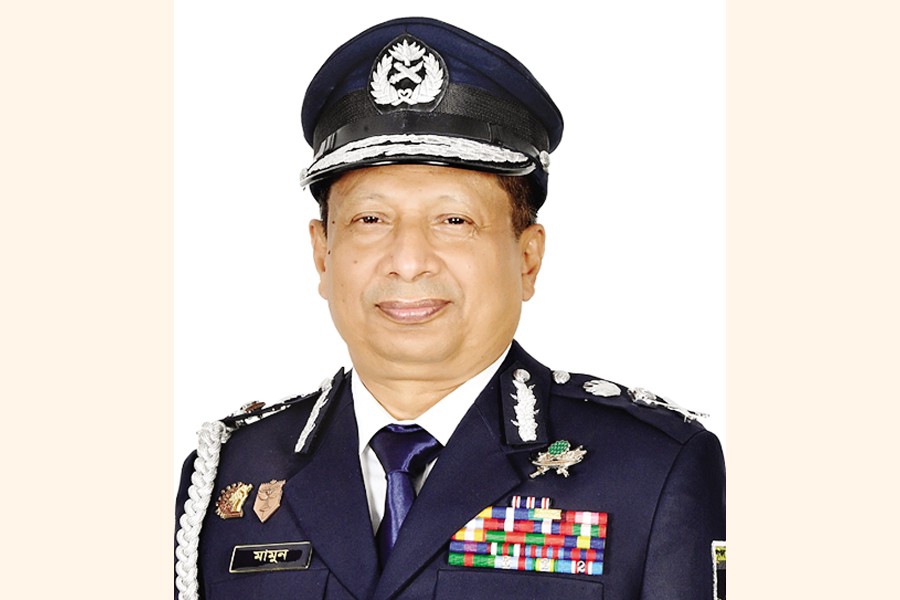
Published :
Updated :

Former inspector general of police (IGP) Chowdhury Abdullah Al Mamun has confessed to his role in the crimes committed during the July-August 2024 mass uprising at the International Crimes Tribunal-1 (ICT-1) in the capital.
He made the confession at the three-member ICT-1, headed by its Chairman Justice Md Golam Mortuza Mozumder, on Tuesday while giving his statement as an "approver" in a crimes-against-humanity case.
At the end of his deposition, he apologised to the families of those killed during the uprising, the injured, the countrymen, and the ICT.
Mamun told the tribunal that former prime minister Sheikh Hasina had instructed the use of lethal weapons directly on the protesters to suppress their movement.
He stated former home minister Asaduzzaman Khan Kamal conveyed this instruction to him over the phone.
Hasina gave the instruction on July 18, and from that day onward, lethal weapons were used continuously.
Former Dhaka Metropolitan Police commissioner Habibur Rahman and Detective Branch (DB) chief Harun Or Rashid were particularly enthusiastic about using lethal force against the
protesters.
Mamun further said "mass killings" occurred during the uprising as a result of direct instructions from Hasina and Kamal.
He said former law minister Anisul Huq, former adviser to prime minister Salman F Rahman, former Dhaka South City Corporation (DSCC) mayor Sheikh Fazle Noor Taposh, former road transport and bridges minister Obaidul Quader, as well as Jahangir Kabir Nanak, Mohammad Ali Arafat, Mirza Azam, Hasanul Haq Inu, and Rashed Khan Menon urged Hasina to use lethal weapons against the protesters.
The former IGP also said the decision to detain coordinators of the anti-discrimination student movement during the uprising was made at a core committee meeting.
He said after the uprising began in July 2024, core committee meetings were held from July 19 onwards at the Dhanmondi residence of the former home minister.
The chiefs of various law enforcement and intelligence agencies attended the meetings, where directives were issued to suppress the movement.
"One of the meetings decided to detain the coordinators of the anti-discrimination student movement. The proposal came from the Directorate General of Forces Intelligence (DGFI). I opposed it, but later agreed following the home minister's order," Mamun told the tribunal.
He added that the responsibility was assigned to the DB chief, who, along with the DGFI, picked up the coordinators and kept them in the DB custody.
Their family members were also brought on television, while the detained leaders were forced to announce the withdrawal of the movement in televised statements.
bikashju@gmail.com


 For all latest news, follow The Financial Express Google News channel.
For all latest news, follow The Financial Express Google News channel.